When it comes to the pressing question of how soon after sex one can test for pregnancy, timing plays a crucial role. Understanding the importance of timing in pregnancy testing is essential for accurate results. Generally, it is recommended to wait at least one week after a missed period to take a pregnancy test for the most reliable outcome.
There are different types of pregnancy tests available, including urine tests and blood tests. Urine tests, which can be easily done at home, are typically most effective a week after a missed period. On the other hand, blood tests, conducted at a healthcare provider’s office, can detect pregnancy earlier, usually within a few days after conception.
Early pregnancy symptoms can vary from person to person but may include nausea, fatigue, breast tenderness, and more. Recognizing these signs can prompt an individual to take a pregnancy test sooner after engaging in sexual activity, especially if they suspect they may be pregnant.
Several factors can affect the accuracy of a pregnancy test, such as the sensitivity of the test, timing of the test, and individual health conditions. It’s important to follow the recommendations and guidelines provided by healthcare professionals to ensure the most reliable results when testing for pregnancy.
Waiting to take a pregnancy test can be an emotionally challenging time filled with anxiety and uncertainty. It’s crucial to address the emotional aspects of this period and find healthy ways to cope with the waiting process, whether the result is what you hoped for or not.
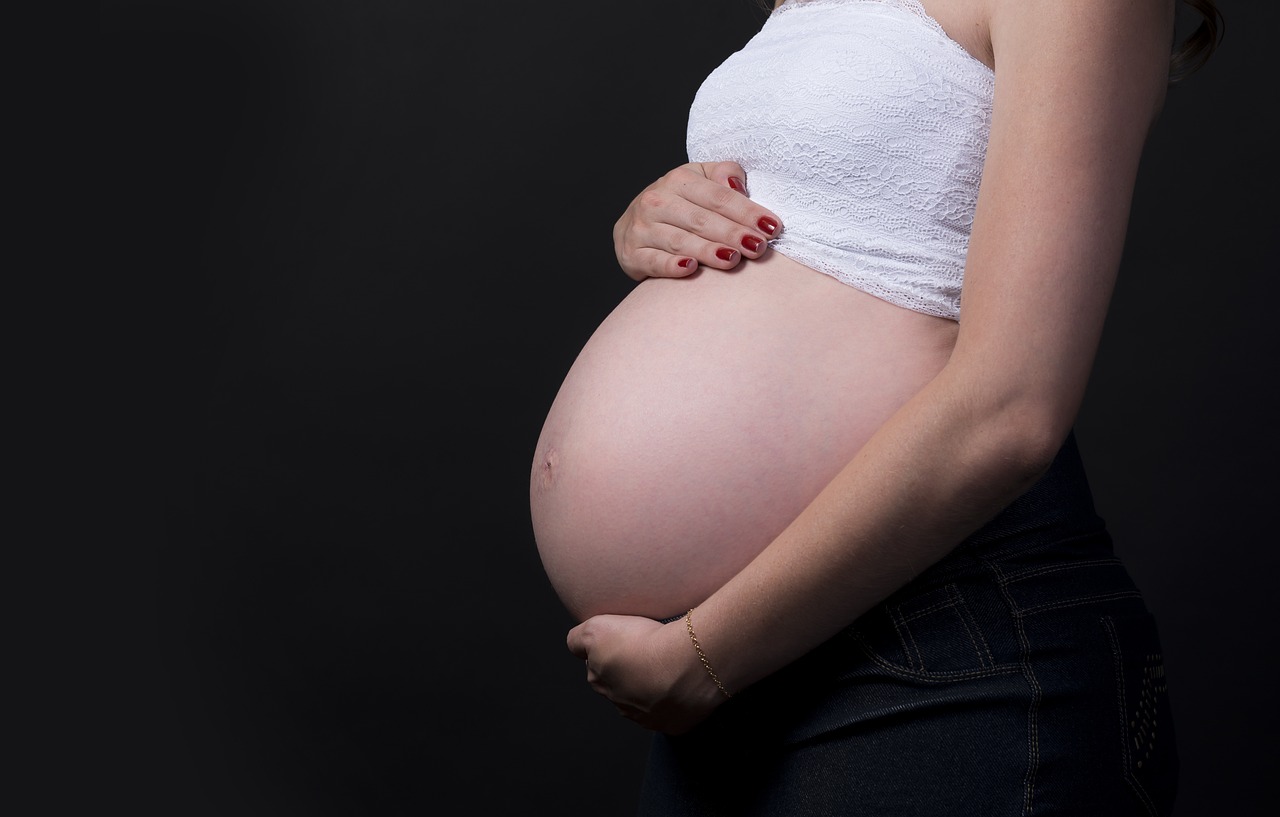
1. Importance of Timing
Understanding the importance of timing when it comes to testing for pregnancy is crucial for accurate results. The timing of a pregnancy test after sexual activity can greatly affect its reliability. So, how soon after sex can one test for pregnancy? Let’s delve into this topic to shed light on the significance of timing in pregnancy testing.
When it comes to testing for pregnancy, timing is key. Taking a test too early may result in a false negative, while waiting too long can also impact the accuracy of the results. Generally, it is recommended to wait at least a week after a missed period to take a pregnancy test for the most reliable outcome.
Factors such as the sensitivity of the test and the levels of the pregnancy hormone hCG in the body play a significant role in determining when to test for pregnancy. Different types of pregnancy tests have varying detection timelines, with some being able to detect pregnancy earlier than others.
Moreover, the timing of intercourse in relation to ovulation can also influence when to take a pregnancy test. Understanding your menstrual cycle and the timing of ovulation can help determine the most suitable time to test for pregnancy after engaging in sexual activity.
In conclusion, the importance of timing in pregnancy testing cannot be overstated. By waiting for the appropriate time to take a pregnancy test, individuals can ensure more accurate results and avoid unnecessary stress and anxiety. It is essential to consider all these factors when deciding how soon after sex to test for pregnancy.
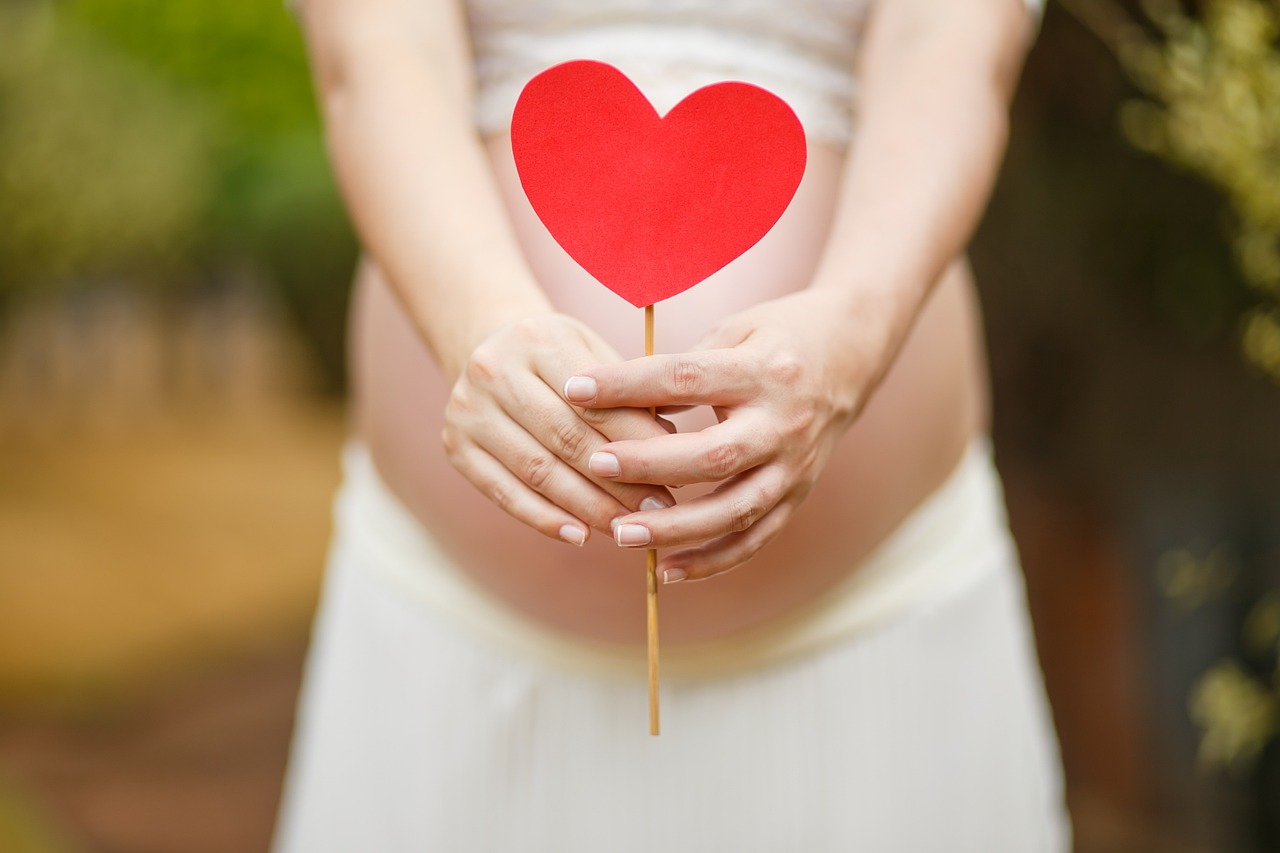
2. Types of Pregnancy Tests
When it comes to pregnancy tests, there are a few different options available to individuals looking to confirm whether they are expecting. Understanding the types of pregnancy tests and their respective timelines for detection can be crucial in determining when to take a test after engaging in sexual activity.
1. Urine Tests: These are the most common type of pregnancy tests and can be easily conducted at home using a urine sample. Urine tests are designed to detect the presence of hCG, a hormone produced during pregnancy. Most urine tests recommend waiting until after a missed period for accurate results.
2. Blood Tests: Blood tests are another option for confirming pregnancy and are typically more sensitive than urine tests. There are two types of blood tests: qualitative, which detects the presence of hCG, and quantitative, which measures the exact levels of hCG in the blood. Blood tests can provide accurate results earlier than urine tests, sometimes as early as 7-12 days after conception.
3. Digital Tests: Digital pregnancy tests work similarly to traditional urine tests but provide results in a digital format, such as displaying “pregnant” or “not pregnant.” These tests are easy to read and eliminate the need for interpreting faint lines, making them a popular choice for many individuals.
4. Early Result Tests: Some pregnancy tests are marketed as early result tests, claiming to provide accurate results several days before a missed period. While these tests can offer early detection, it’s important to note that the accuracy may vary, and false negatives are still possible.
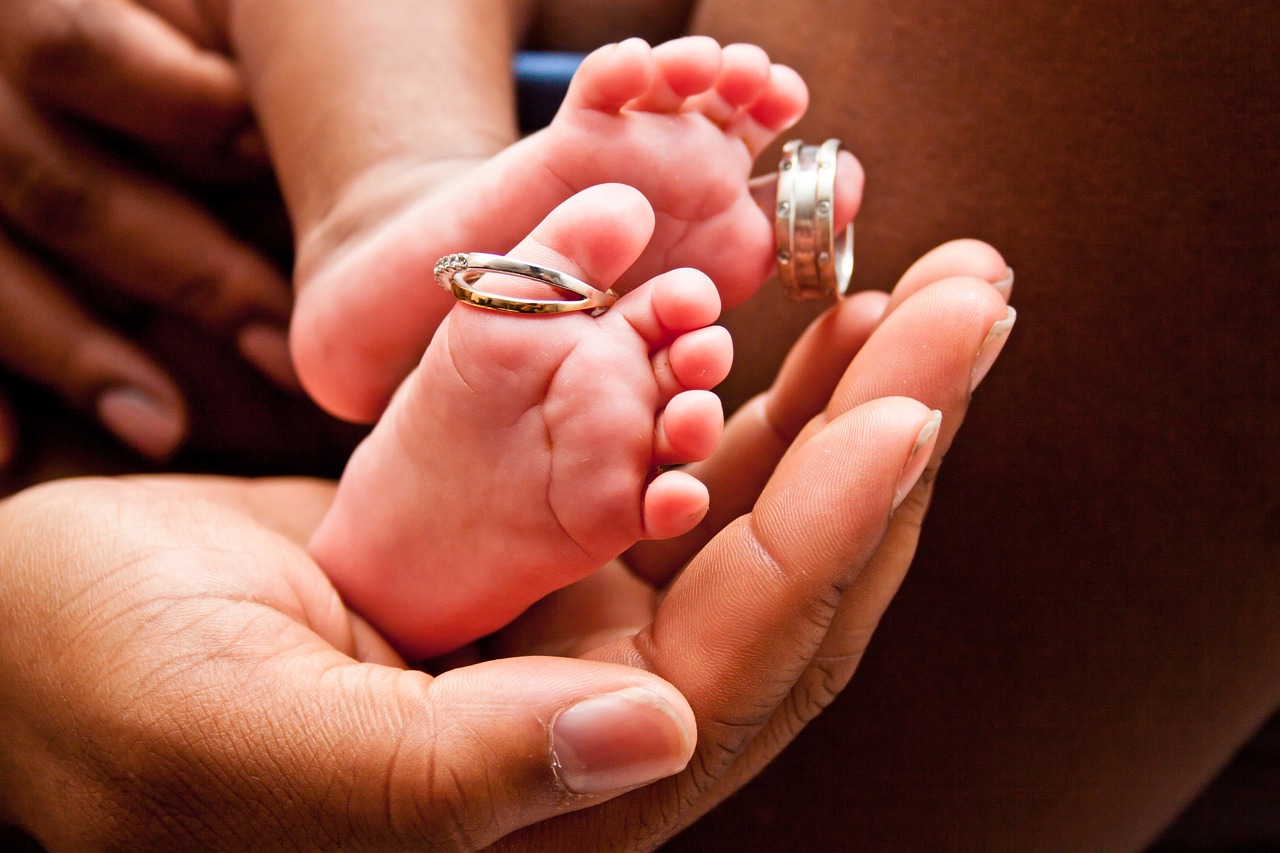
3. Early Pregnancy Symptoms
Early pregnancy symptoms can vary from person to person, but there are some common signs to look out for. These symptoms can start as early as a week after conception and may include:
- Missed Period: One of the most well-known signs of pregnancy is a missed period. If your period is late, it could be a sign to consider taking a pregnancy test.
- Implantation Bleeding: Some women experience light spotting when the fertilized egg implants in the uterus, which can be mistaken for a light period.
- Swollen or Tender Breasts: Hormonal changes in early pregnancy can cause breast tenderness or swelling.
- Nausea and Fatigue: Morning sickness, which can actually occur at any time of the day, and increased fatigue are common early pregnancy symptoms.
- Frequent Urination: The need to urinate more frequently than usual can be a sign of early pregnancy due to hormonal changes.
- Food Aversions or Cravings: Changes in appetite and cravings for certain foods can also be early signs of pregnancy.
It’s important to note that these symptoms can also be attributed to other conditions or factors, so it’s not a definitive confirmation of pregnancy. If you suspect you might be pregnant based on these symptoms, it’s advisable to take a pregnancy test for accurate results.
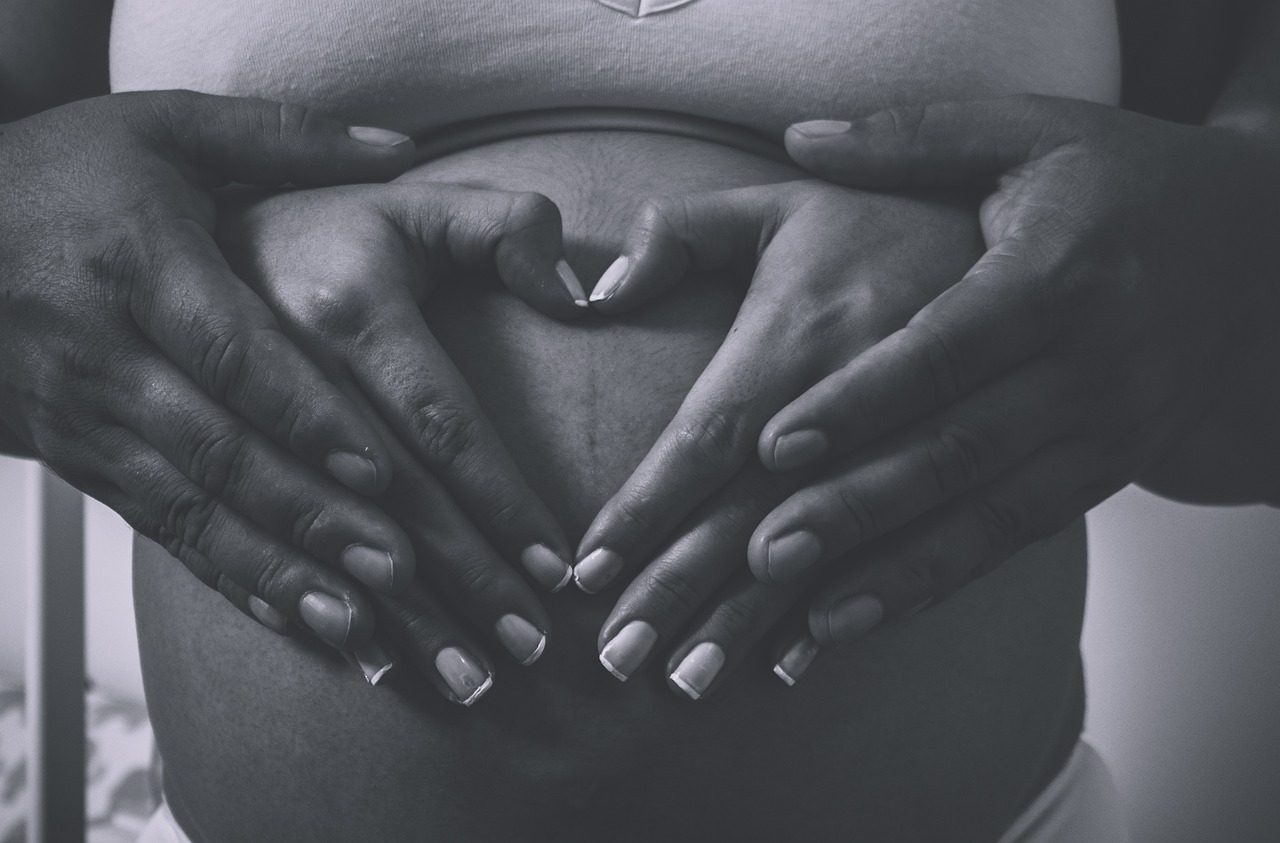
4. Factors Affecting Test Accuracy
When it comes to the accuracy of pregnancy tests, several factors can influence the results. Understanding these factors is crucial in ensuring reliable outcomes. Let’s delve into the various elements that can affect the accuracy of a pregnancy test:
- Type of Test: Different types of pregnancy tests, such as urine tests and blood tests, have varying levels of sensitivity and accuracy. Blood tests are generally more sensitive and can detect pregnancy earlier than urine tests.
- Timing of the Test: The timing of taking a pregnancy test is crucial. Testing too early after intercourse may result in a false negative as the body may not have produced enough hCG hormone to be detected.
- Quality of the Test: The quality of the pregnancy test used can also impact its accuracy. It is essential to use a reliable and reputable brand to ensure trustworthy results.
- Health Conditions: Certain health conditions, such as polycystic ovary syndrome (PCOS) or hormonal imbalances, can affect the accuracy of pregnancy tests. These conditions may interfere with hormone levels and lead to misleading results.
- Medications: Some medications, including fertility drugs and certain antibiotics, can interfere with pregnancy test results. It is essential to consult a healthcare provider if you are unsure about the effects of any medication on the test.
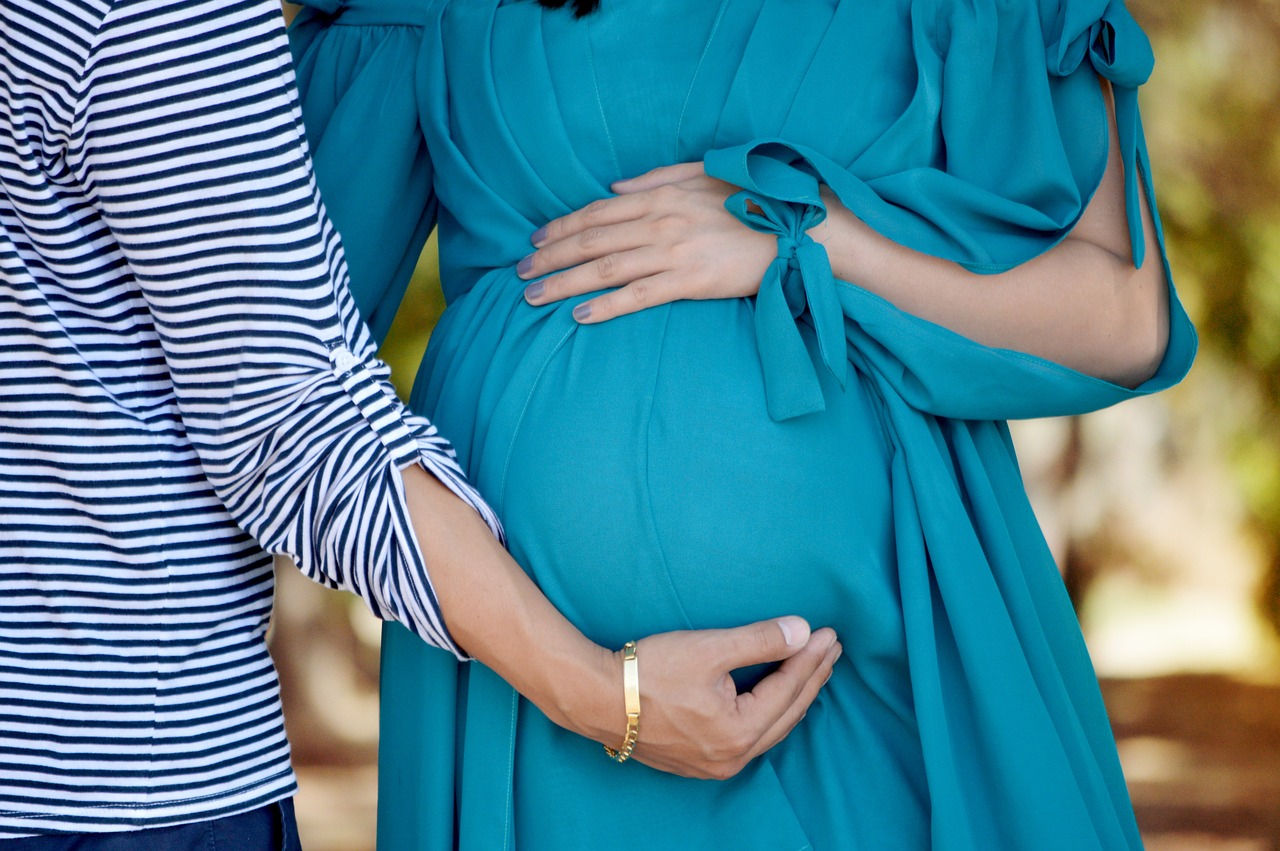
5. Recommendations and Guidelines
When it comes to taking a pregnancy test, following recommendations and guidelines from healthcare professionals is crucial for obtaining accurate results. Understanding the best time to take a test can make a significant difference in the reliability of the outcome. Here are some key recommendations and guidelines to consider:
- 1. Timing: It is generally recommended to wait at least one week after a missed period to take a home pregnancy test for the most accurate results. Testing too early can lead to false negatives due to low levels of the pregnancy hormone hCG.
- 2. Follow Instructions: Always follow the instructions provided with the pregnancy test kit carefully. Improper usage can affect the accuracy of the results.
- 3. First Morning Urine: For the highest concentration of hCG, it is advisable to use the first urine of the day for the test. This can help increase the chances of detecting early pregnancy.
- 4. Consult a Healthcare Provider: If there are concerns about the results or if symptoms persist, it is recommended to consult a healthcare provider for further evaluation and confirmation of pregnancy.
- 5. Consider Blood Tests: In cases where there is uncertainty or conflicting results from home pregnancy tests, a blood test conducted by a healthcare professional can provide more accurate results.
By following these recommendations and guidelines, individuals can ensure that they are taking a pregnancy test at the right time and in the correct manner, leading to more reliable results and reducing unnecessary stress and anxiety.

6. Emotional Considerations
When it comes to the emotional side of waiting to take a pregnancy test, it can be a rollercoaster of feelings. The anticipation, anxiety, and uncertainty can all take a toll on one’s mental well-being. It’s like waiting for a surprise package to arrive; you are excited but also nervous about what it might contain. The emotional aspect of this waiting period is just as important as the physical aspect, if not more so.
One way to cope with the emotional rollercoaster is to stay busy and distracted. Engage in activities that you enjoy and that can take your mind off constantly thinking about the test. It’s like trying to distract yourself with a good book or a movie while waiting for the results of a contest you entered.
Seeking support from loved ones can also make a significant difference. Talking to a friend or family member about your feelings and fears can provide comfort and reassurance. It’s like having a trusted companion by your side during a challenging journey.
Remember, it’s okay to feel a mix of emotions during this time. Whether it’s excitement, fear, hope, or anxiety, all these feelings are valid. Just like a storm that eventually passes, these emotions will also ebb and flow. Take each moment as it comes and be kind to yourself throughout the process.
Frequently Asked Questions
- How soon after unprotected sex should I take a pregnancy test?
It is recommended to wait at least one week after unprotected sex to take a pregnancy test for accurate results. Testing too early may result in a false negative due to low levels of the pregnancy hormone hCG in your body.
- Can I take a pregnancy test at any time of the day?
Yes, you can take a pregnancy test at any time of the day. However, it is advisable to use the first urine of the day as it is more concentrated and likely to provide reliable results.
- What should I do if my pregnancy test results are unclear?
If you receive unclear results on a pregnancy test, it is recommended to retake the test after a few days or consult with a healthcare professional for further guidance and possible blood testing for confirmation.
- Are home pregnancy tests as accurate as tests done in a healthcare provider’s office?
Home pregnancy tests are generally accurate when used correctly. However, for confirmation and further guidance, it is advisable to follow up with a healthcare provider for a blood test to confirm the results.